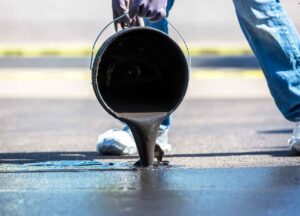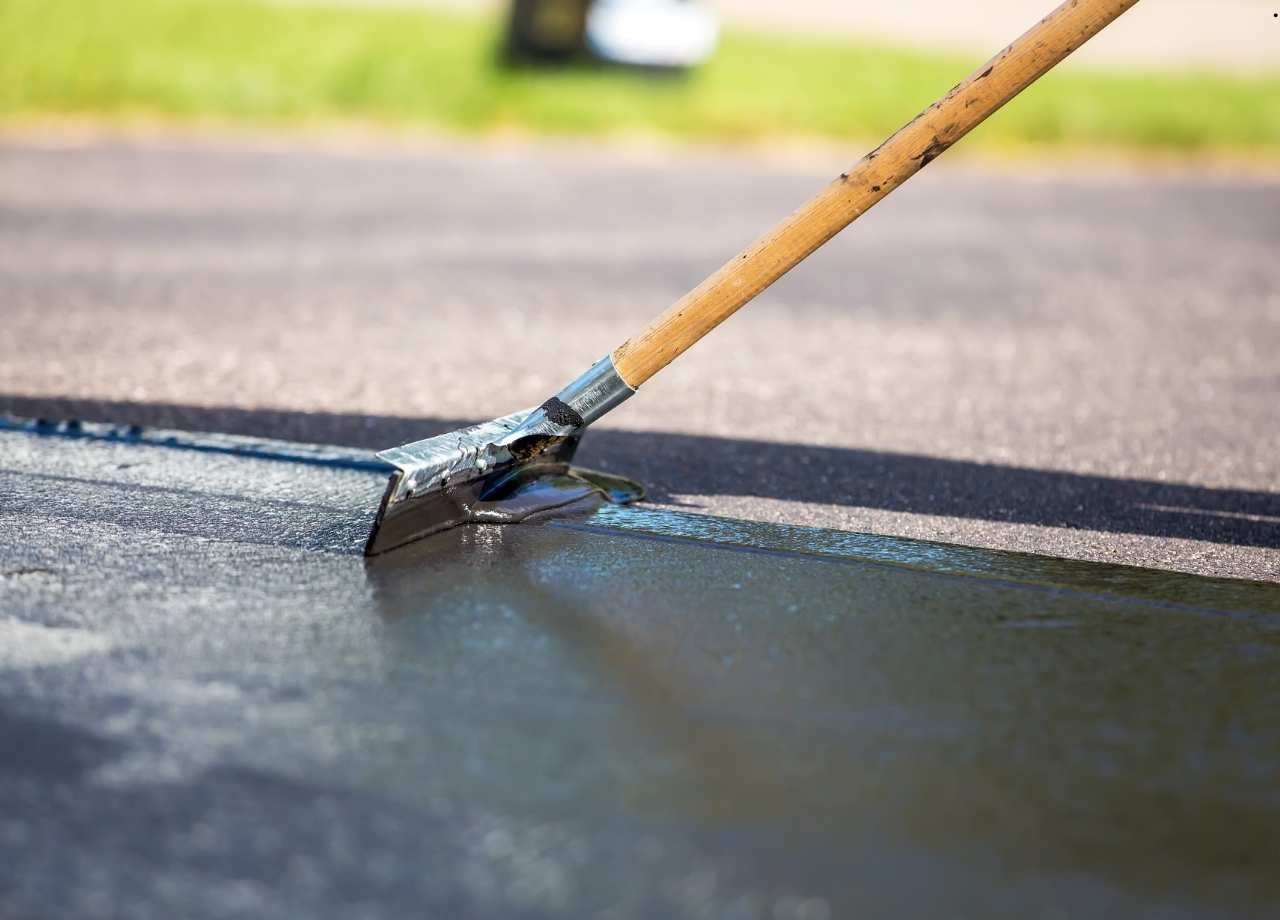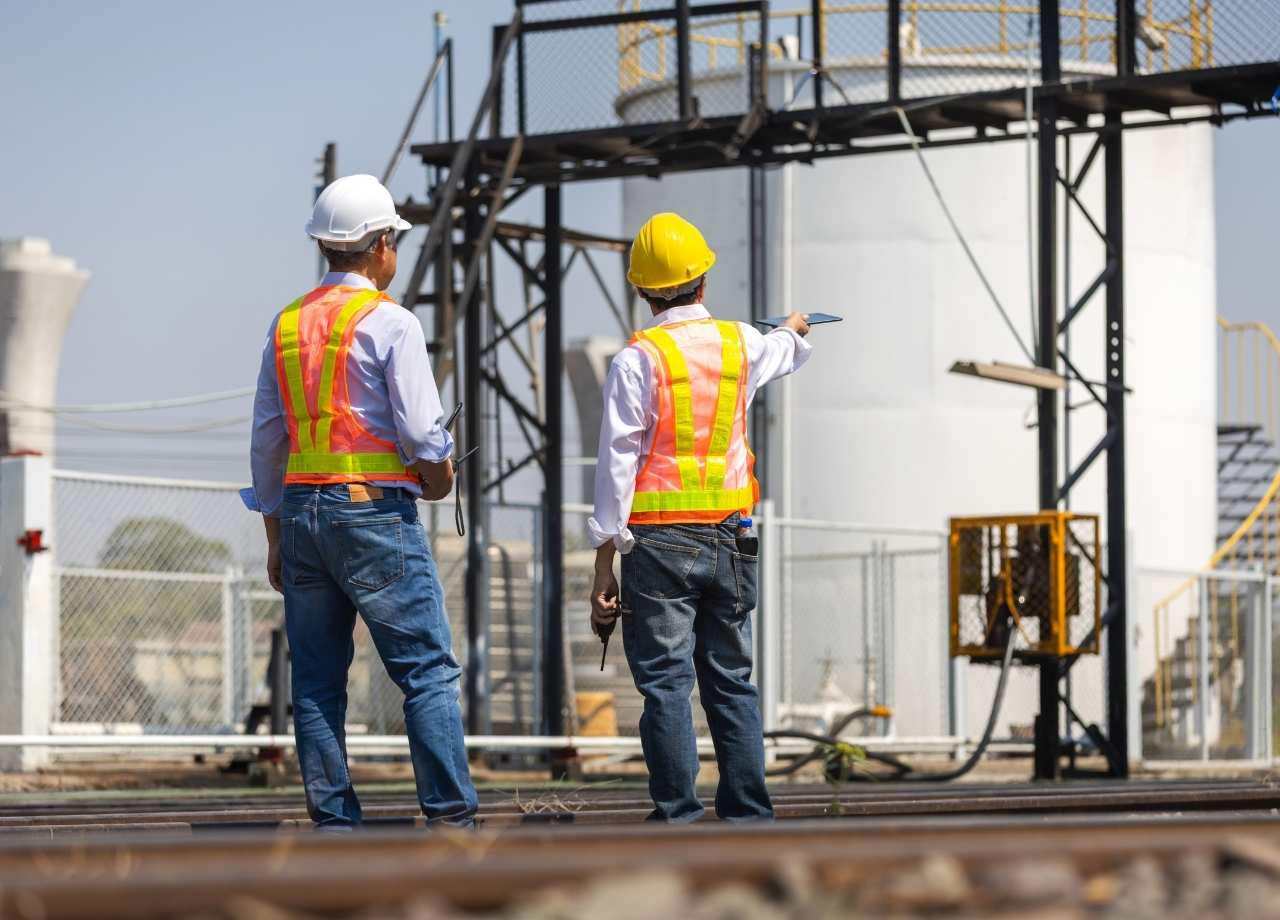Understanding Asphalt Seal Coating Options
Asphalt surfaces endure constant exposure to the elements, vehicle traffic, and chemical spills. Without proper maintenance, they deteriorate quickly, leading to cracks, potholes, and costly repairs. Seal coating provides a protective barrier that extends the lifespan of pavement while enhancing its appearance. Different sealers offer varying levels of protection, durability, and cost-effectiveness. Choosing the right one requires an understanding of their characteristics, benefits, and limitations.
Coal Tar Sealers: A Durable and Cost-Effective Choice
If you need a tough, long-lasting sealer that stands up to fuel spills and heavy traffic, coal tar-based options have been the go-to choice for decades. Commercial properties, parking lots, and high-traffic areas rely on them because they create a strong protective layer that resists oil and gasoline penetration. This durability makes them ideal for locations exposed to vehicle fluids and harsh weather conditions.
Despite these benefits, coal tar sealers come with some drawbacks. The application process releases a strong odor, which can be unpleasant for several hours. Additionally, environmental concerns have led some states and municipalities to restrict their use. Runoff from coal tar contains polycyclic aromatic hydrocarbons (PAHs), which have been linked to water contamination. Where regulations allow their use, coal tar remains one of the most durable and cost-effective sealing options available.
Asphalt-Based Sealers: A Low-Odor, User-Friendly Option
For those looking to avoid coal tar restrictions, asphalt-based sealers offer a reliable alternative. They contain fewer harmful chemicals and produce less odor during application, making them a popular choice for residential driveways and low-traffic areas. Many homeowners and contractors appreciate their ease of use and environmental benefits.
One key difference between asphalt-based and coal tar sealers is their resistance to oil and gas spills. Asphalt-based options do not hold up as well against fuel exposure, making them less suitable for commercial parking lots or gas stations. However, they provide solid protection against moisture, UV rays, and general wear. They also tend to be more flexible, which helps prevent cracking in regions with frequent freeze-thaw cycles.
Although these sealers require more frequent reapplication compared to coal tar, they remain a good choice for those prioritizing ease of use and environmental safety.
Acrylic Sealers: High-Performance with a Premium Price Tag
If you’re looking for long-term durability and enhanced aesthetics, acrylic-based sealers might be the best option. These sealers offer superior UV resistance, color retention, and longevity. Unlike coal tar or asphalt-based options, they come in various colors, allowing for decorative applications. Property owners who want to boost curb appeal often choose acrylics for driveways, walkways, and high-end commercial spaces.
The biggest drawback is cost. Acrylic sealers are significantly more expensive than other options, which can make them impractical for large-scale projects. However, their durability offsets some of the expense, as they last longer and require fewer applications over time. They resist fading better than asphalt-based or coal tar products, making them ideal for areas with intense sunlight exposure.
Another advantage is their environmental friendliness. Acrylic sealers contain fewer volatile organic compounds (VOCs), making them a preferred choice in regions with strict environmental regulations. For those willing to invest in premium protection and aesthetics, acrylic sealers offer a high-performance solution.
Fast-Dry Sealers: Ideal for High-Traffic Areas Needing Quick Access
Some situations call for a sealing option that minimizes downtime. Businesses, shopping centers, and facilities that experience heavy foot and vehicle traffic benefit from fast-dry sealers. These products allow pavement to reopen within an hour or two, significantly reducing disruptions to daily operations.
The tradeoff is longevity. Fast-dry sealers tend to wear out more quickly than traditional options, requiring more frequent applications. While they offer convenience, coal tar or acrylic options often provide better long-term value. However, in scenarios where minimizing downtime is a priority, fast-dry sealers are an excellent choice.
The Value of Professional Commercial Seal Coating
For business and property managers, investing in professional commercial seal coating is a critical preventative maintenance strategy that protects one of your most valuable assets: your pavement. Unlike DIY or residential applications, commercial seal coating requires industrial-grade materials, specialized equipment, and precise techniques to handle vast square footage and constant, heavy traffic. A professional application ensures a uniform, high-build coating that effectively blocks UV rays, resists gasoline and oil spills, and restores a deep black finish that improves curb appeal and safety. This proactive service significantly extends asphalt life, delays costly repairs, and provides a superior return on investment by safeguarding your property’s functionality and first impressions.
Factors to Consider When Choosing a Sealer
Selecting the best sealer depends on several factors, including climate, traffic levels, and budget. Each environment presents unique challenges, making it important to match the sealer’s properties to the conditions it will face.
Climate and Weather Conditions
Cold climates with frequent freeze-thaw cycles require a flexible sealer that resists cracking. Asphalt-based sealers perform well in these conditions due to their elasticity. In contrast, areas with intense sun exposure need a product with strong UV resistance, such as acrylic sealers.
Traffic Volume and Usage
Parking lots, commercial spaces, and industrial areas demand a sealer that can handle constant use. Coal tar sealers perform well under heavy traffic, resisting wear and chemical exposure better than asphalt-based options. For residential driveways and light-traffic areas, an asphalt-based or acrylic sealer often provides adequate protection.
Regulatory and Environmental Restrictions
Some states and local governments have banned coal tar-based sealers due to environmental concerns. Checking local regulations before selecting a sealer is crucial. Acrylic and asphalt-based sealers provide alternatives that comply with stricter environmental standards.
Budget and Long-Term Costs
Coal tar sealers are cost-effective initially but may be restricted in certain areas. Acrylic sealers have a higher upfront cost but require fewer applications over time. Asphalt-based sealers offer a middle ground, balancing affordability with moderate durability. Understanding the long-term maintenance costs helps in making a more informed decision.
Application and Maintenance Best Practices
Regardless of the sealer chosen, proper application techniques and ongoing maintenance ensure the best results.
Surface Preparation
A clean, dry surface is essential for proper adhesion. Removing dirt, debris, and oil stains before application prevents issues with bonding. Power washing or sweeping the pavement helps achieve a smooth, even coat.

Ideal Weather Conditions for Application
Temperature and humidity affect drying times and adhesion. Sealers should be applied when temperatures are moderate, typically between 50°F and 85°F. High humidity or impending rain can interfere with the curing process.
Reapplication and Maintenance
Most sealed surfaces require reapplication every two to five years, depending on traffic levels and weather conditions. Regular inspections help identify signs of wear, such as fading or thinning layers. Promptly addressing small cracks and reapplying sealer as needed extends the pavement’s lifespan.
Common Mistakes to Avoid
Applying too much or too little sealer leads to performance issues. A thick layer can take longer to cure and may peel, while a thin coat fails to provide adequate protection. Using the wrong sealer for the surface type also reduces effectiveness. Following manufacturer recommendations ensures the best coverage and durability.
Another common mistake is neglecting to fill cracks before sealing. Sealers work best as a protective layer, not a crack filler. Addressing structural issues before applying a seal coat prevents further deterioration.
National Facility Contractors helps businesses and property owners select the right seal coating solution for their specific needs, ensuring long-lasting pavement protection. With expertise in asphalt maintenance, regulatory compliance, and large-scale seal coating projects, we provide tailored recommendations to maximize durability and cost-effectiveness.
Final Thoughts
Asphalt seal coating offers an effective way to prolong pavement life, improve appearance, and reduce long-term maintenance costs. Each type of sealer has advantages and limitations, making it essential to consider factors like climate, traffic levels, and regulatory restrictions. Choosing the right product and following proper application techniques leads to a longer-lasting, well-protected surface.
Would you like a professional assessment of your pavement’s condition? Contact National Facility Contractors today to discuss the best seal coating solution for your property.






